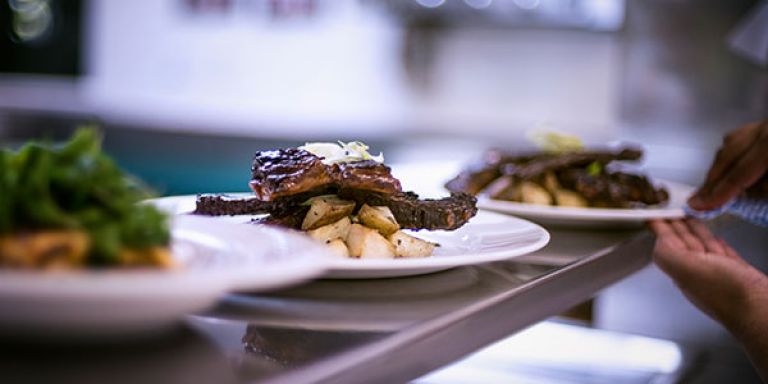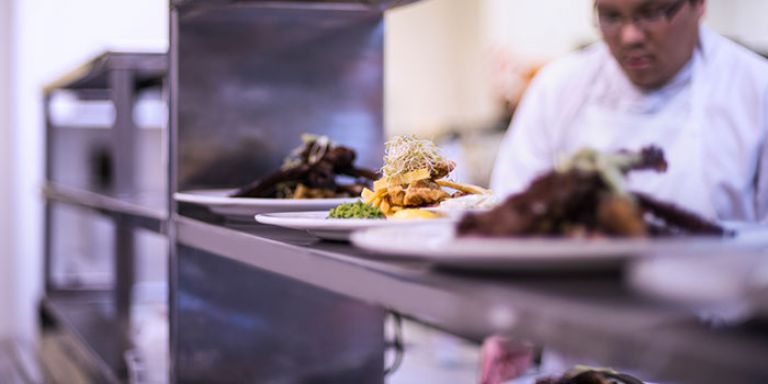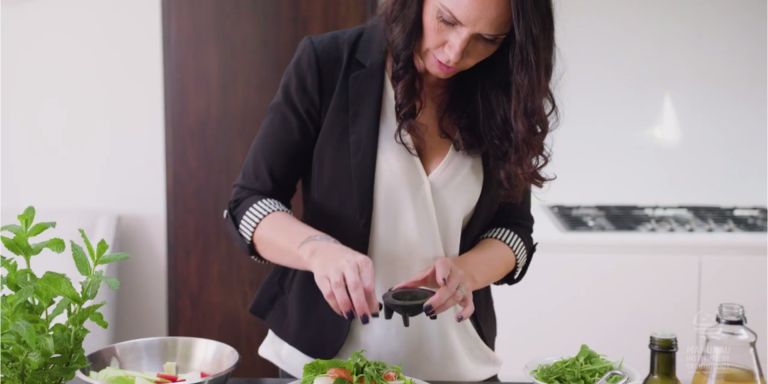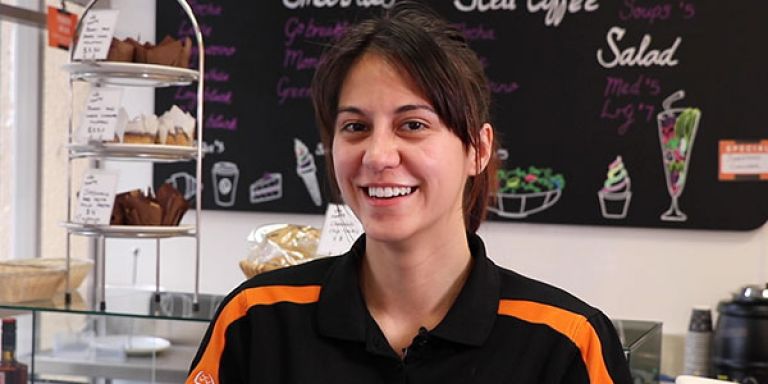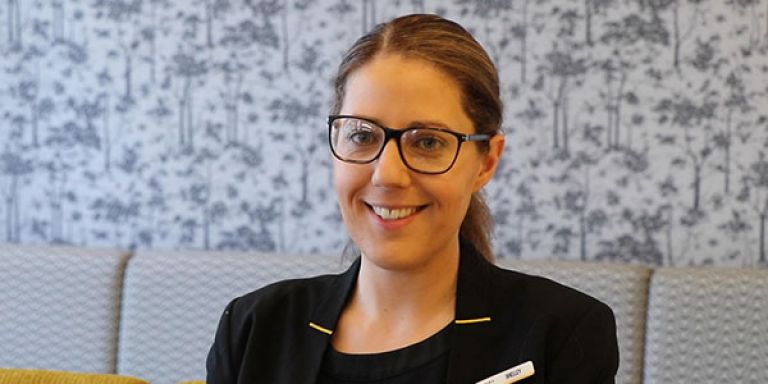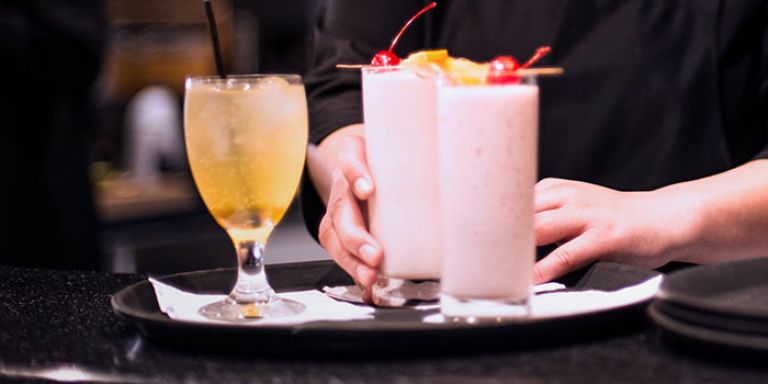Our February intake for this programme is now closed. However, you can apply for our July intake.
Programme highlights
People spend millions every year at cafés, restaurants, bars and other hospitality businesses. This demand leads to job opportunities for skilled hospitality workers.
Build on your front-of-house knowledge while gaining the skills required to practice advanced food and beverage service across the wider hospitality sector.
Designed to be accessible to people already employed in the industry who are looking to gain a qualification while continuing to work.
Or to other learners by using embedded work experience alongside the on-campus workshops in our purpose-built facility.
Entry requirements
General
To be admitted to this programme, applicants must hold one of the following:
i. 40 credits at NCEA Level 1, including 10 Literacy credits and 10 Numeracy credits, or
ii. New Zealand Certificate in Food and Beverage Service (Level 3), or
iii. a relevant qualification at NZQF Level 2, or
iv. a recognised equivalent
English language requirements
All applicants (international and domestic) for whom English or te reo Māori is not a first language need to provide evidence that they have the necessary English language proficiency required for the programme.
International applicants are required to have an IELTS (General or Academic) score of 5.5 with no individual band lower than 5 from a single test taken in the preceding two years, or an equivalent described in the NZQA Rules.
Give yourself credit with Recognition of Prior Learning (RPL)
Did you know you can use the knowledge and experience you already have to your advantage?
Your previous work experience and on-the-job skills, volunteering, professional development, and other providers’ qualifications can be recognised as prior learning, matched against credits in our courses, and put towards your qualification – potentially saving you money and possibly helping you to complete your qualification faster Learn more.
Programme structure
You will need to complete the below three courses (60 credits):
Do you want to study a single course, without enrolling into the full programme?
Courses within some of our programmes may be offered as an individual Certificate of Proficiency (COP). Programme entry requirements and course fees apply. For more information, please speak to our friendly Ask Me! team.
Further training or study
This qualification may lead on to the New Zealand Certificate in Hospitality (Advanced) (Level 5) with strands in Accommodation, Catering Services, Food and Beverage Service, and Quick Service Restaurants Services
Career opportunities
Graduates may be employed as food servers in a broad range of food and beverage service outlets or a shift supervisor in a Quick Service Restaurant. For potential salaries visit careers.govt.nz.



